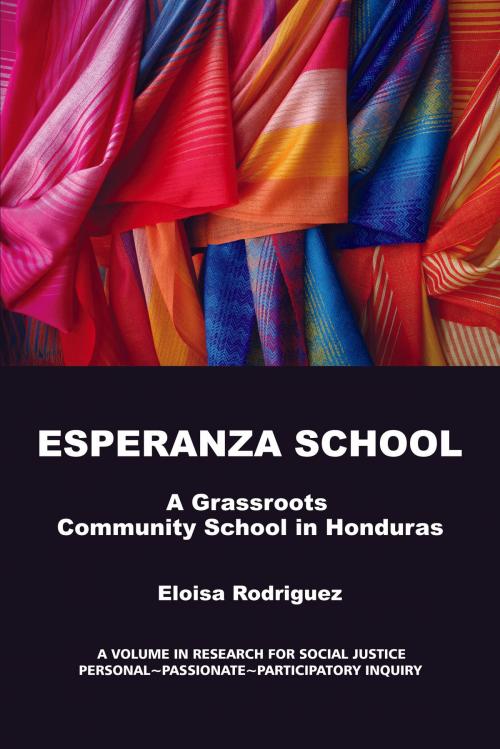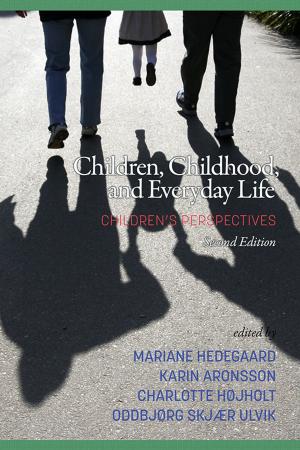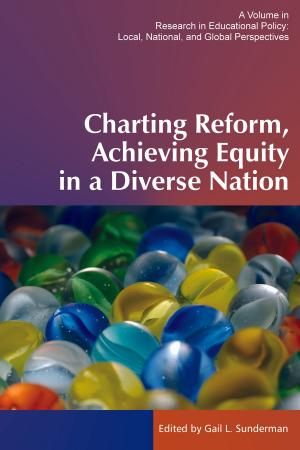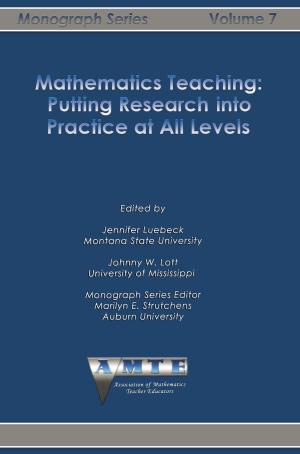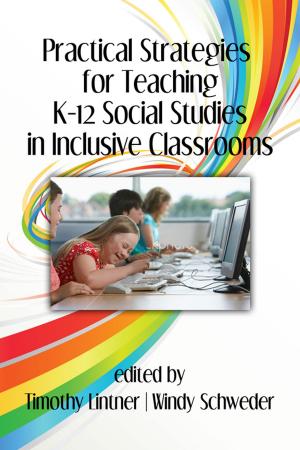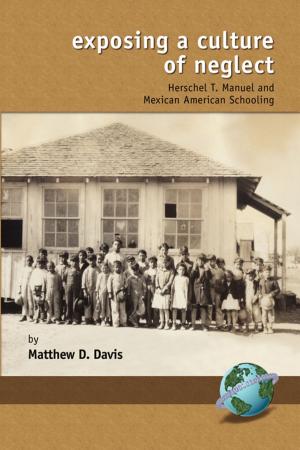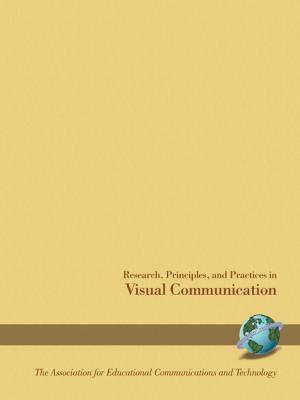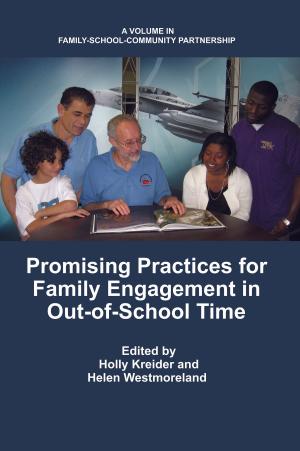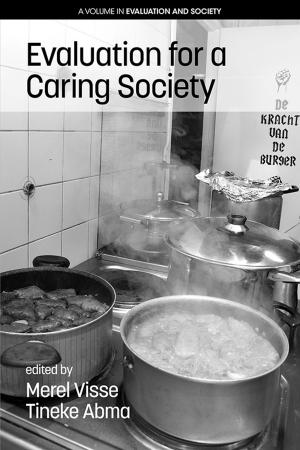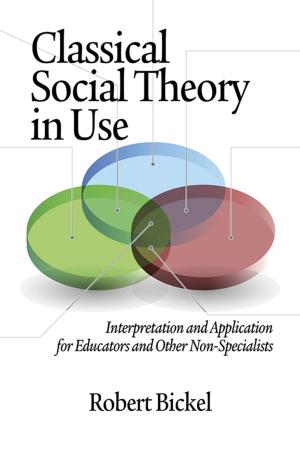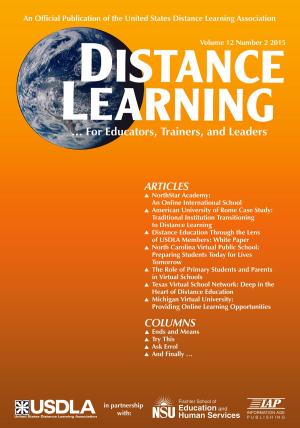Esperanza School
A Grassroots Community School in Honduras
Nonfiction, Social & Cultural Studies, Social Science, Cultural Studies, Ethnic Studies, Reference & Language, Education & Teaching, Teaching, Teaching Methods| Author: | Eloisa Rodriguez | ISBN: | 9781617356919 |
| Publisher: | Information Age Publishing | Publication: | May 1, 2012 |
| Imprint: | Information Age Publishing | Language: | English |
| Author: | Eloisa Rodriguez |
| ISBN: | 9781617356919 |
| Publisher: | Information Age Publishing |
| Publication: | May 1, 2012 |
| Imprint: | Information Age Publishing |
| Language: | English |
In Esperanza School: A Grassroots Community School in Honduras, Eloisa Rodriguez takes us into the daily lived experiences of members of a community school, Esperanza School, situated in a rural area in Honduras. Her work engages readers in a critical analysis of what Esperanza School represents for the community. Rodriguez explores the characteristics that have made Esperanza School a community school; in vivid, lifelike detail, she describes how Esperanza School functions as the heart of the community by providing opportunities for impoverished youth to attend the school, facilitating relationships with a nearby orphanage, and developing professional development workshops for rural teachers. Rodriguez narrates the story of Esperanza School’s establishment, interactions within the community, and the characteristics of the school personnel that illuminate the social justice mission of the school and create new possibilities for the community. Throughout Rodriguez discusses how Esperanza School represents hope for quality education in this community, and ultimately, in her country, Honduras. Unlike many studies on community schools, this book deals with the reality of the community and the school’s impact on the community. The book compliments and extends the existing literature on community schools by focusing on the students’, teachers’ and founders’ experience of studying and working in Esperanza School. Rodriguez has been involved with Esperanza School for ten years; her personal passionate commitments to this school, and to her country, are illuminated in stories of her participation in the school. Through a multicultural and crosscultural narrative inquiry methodological framework, a deeper understanding of the ideological, cultural and educational experiences of creating a community school, working in one, and the impact of having a community school are presented. A philosophical framework developed from the work of Paulo Freire and John Dewey provides an analytical lens to examine schooling in Honduras. The picture that emerges from this book provides a guide for ways to make a difference in the Honduran educational system and other developing countries. Preservice and inservice teachers, educational researchers, administrators, educational policy makers, and those who advocate for educational settings and schools for impoverished communities can learn from this book. It is a representation of a necessity for developing countries to improve the education in schools: from ineffective public schools to community schools for all.
In Esperanza School: A Grassroots Community School in Honduras, Eloisa Rodriguez takes us into the daily lived experiences of members of a community school, Esperanza School, situated in a rural area in Honduras. Her work engages readers in a critical analysis of what Esperanza School represents for the community. Rodriguez explores the characteristics that have made Esperanza School a community school; in vivid, lifelike detail, she describes how Esperanza School functions as the heart of the community by providing opportunities for impoverished youth to attend the school, facilitating relationships with a nearby orphanage, and developing professional development workshops for rural teachers. Rodriguez narrates the story of Esperanza School’s establishment, interactions within the community, and the characteristics of the school personnel that illuminate the social justice mission of the school and create new possibilities for the community. Throughout Rodriguez discusses how Esperanza School represents hope for quality education in this community, and ultimately, in her country, Honduras. Unlike many studies on community schools, this book deals with the reality of the community and the school’s impact on the community. The book compliments and extends the existing literature on community schools by focusing on the students’, teachers’ and founders’ experience of studying and working in Esperanza School. Rodriguez has been involved with Esperanza School for ten years; her personal passionate commitments to this school, and to her country, are illuminated in stories of her participation in the school. Through a multicultural and crosscultural narrative inquiry methodological framework, a deeper understanding of the ideological, cultural and educational experiences of creating a community school, working in one, and the impact of having a community school are presented. A philosophical framework developed from the work of Paulo Freire and John Dewey provides an analytical lens to examine schooling in Honduras. The picture that emerges from this book provides a guide for ways to make a difference in the Honduran educational system and other developing countries. Preservice and inservice teachers, educational researchers, administrators, educational policy makers, and those who advocate for educational settings and schools for impoverished communities can learn from this book. It is a representation of a necessity for developing countries to improve the education in schools: from ineffective public schools to community schools for all.
